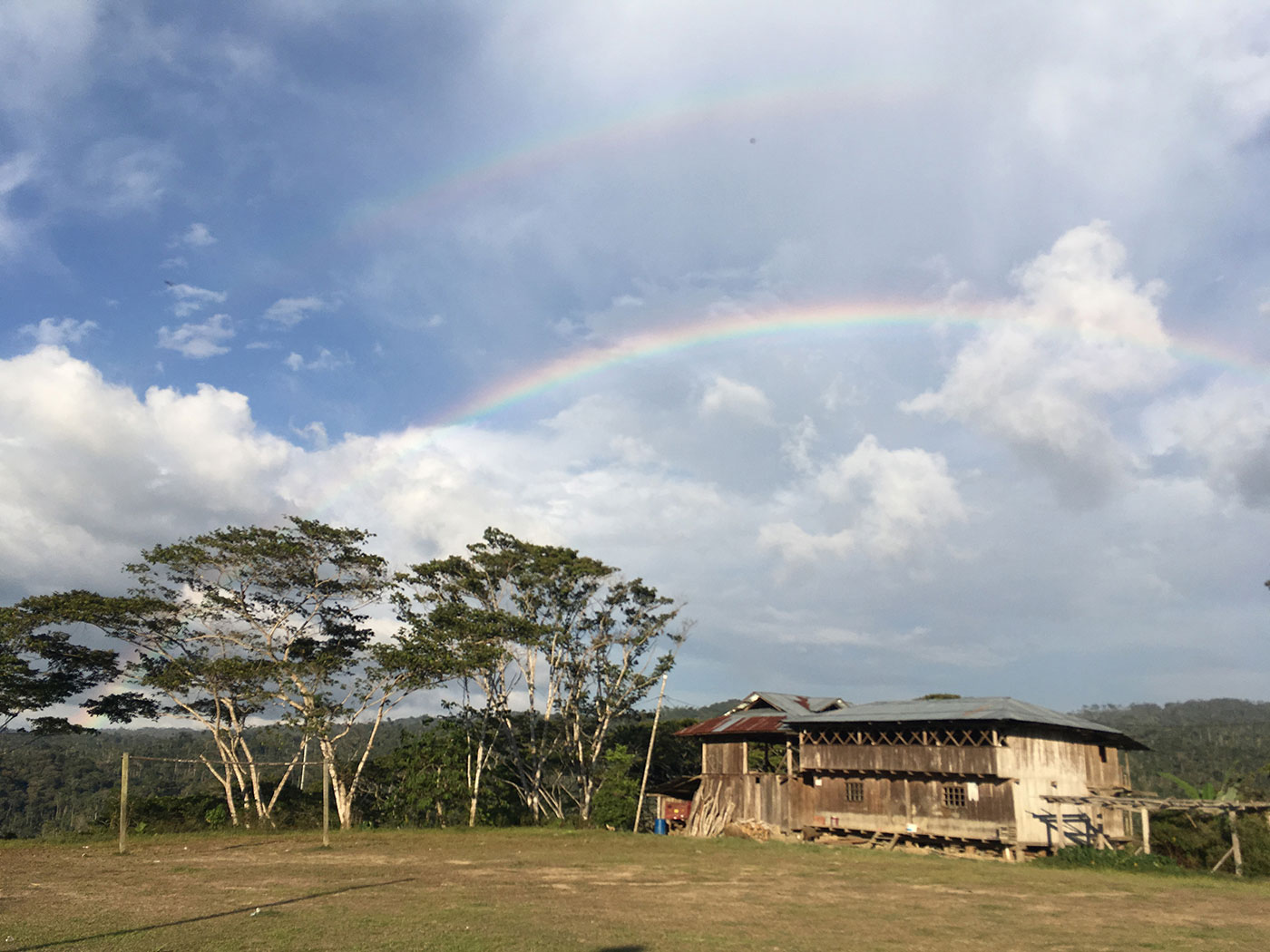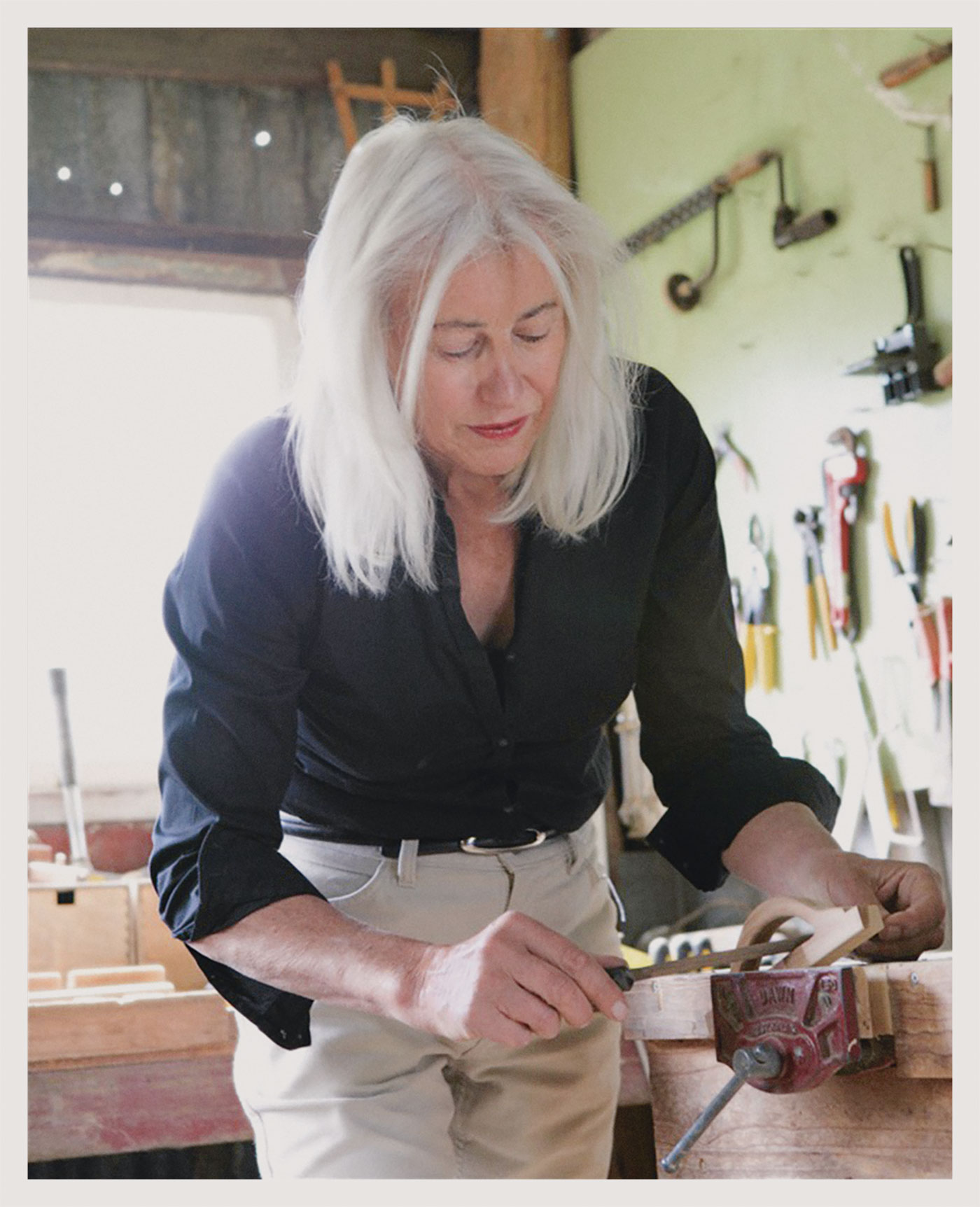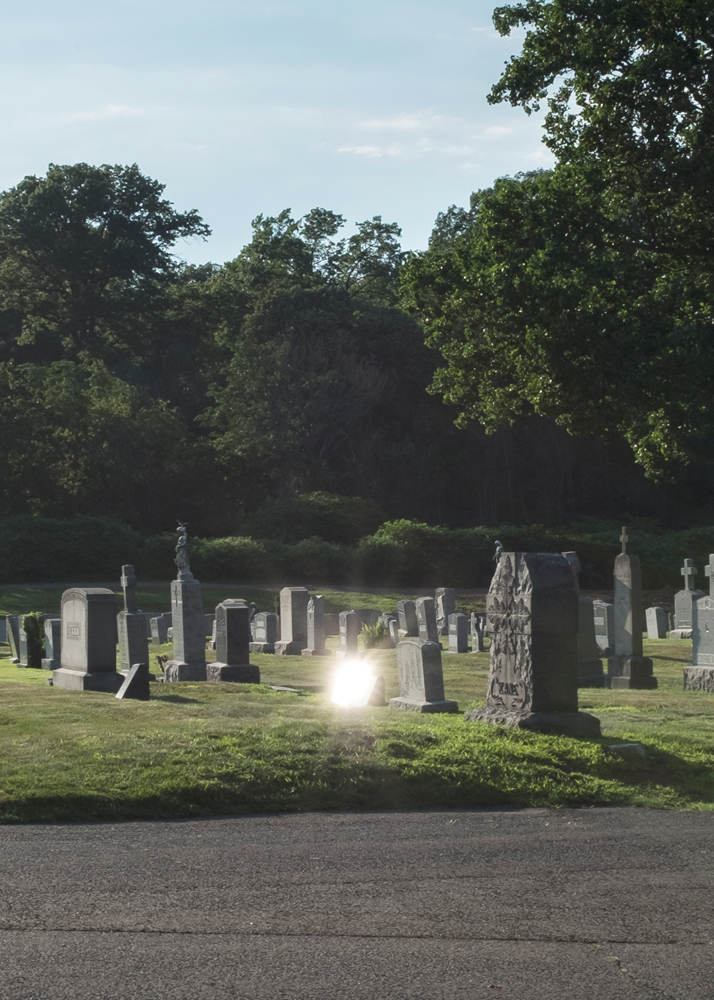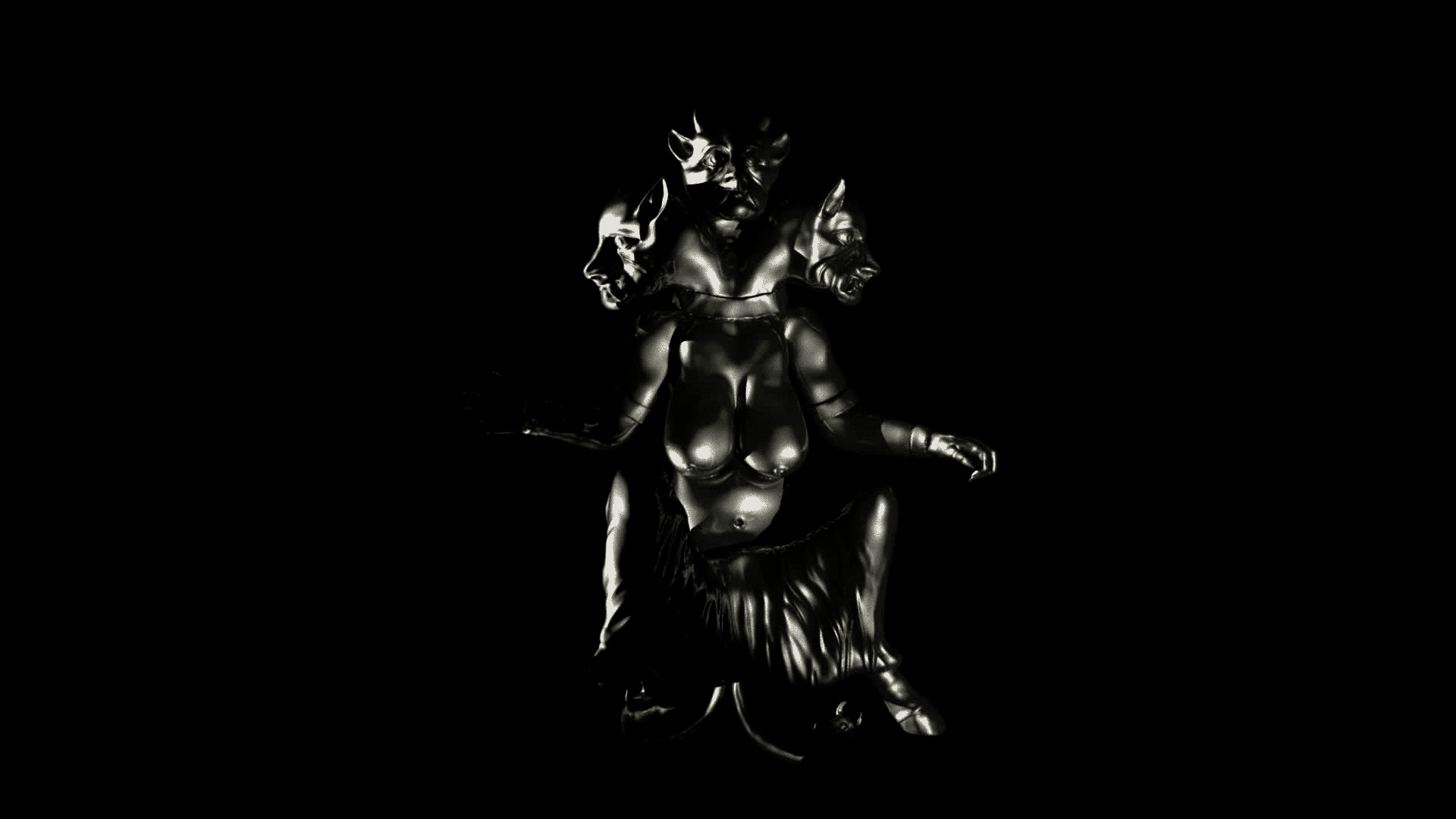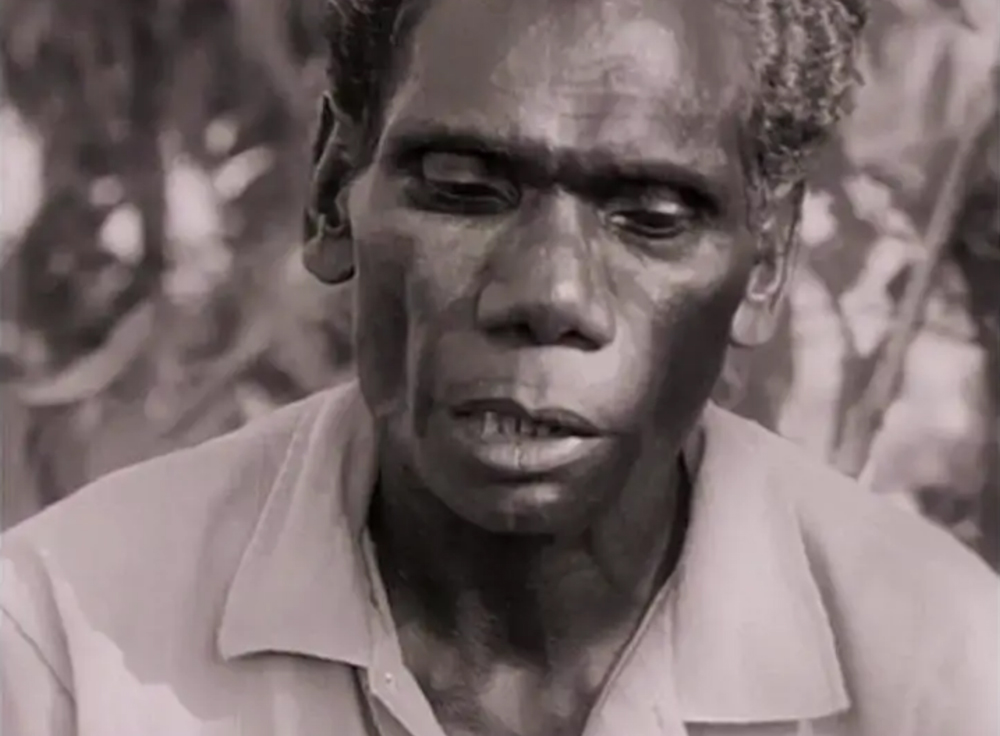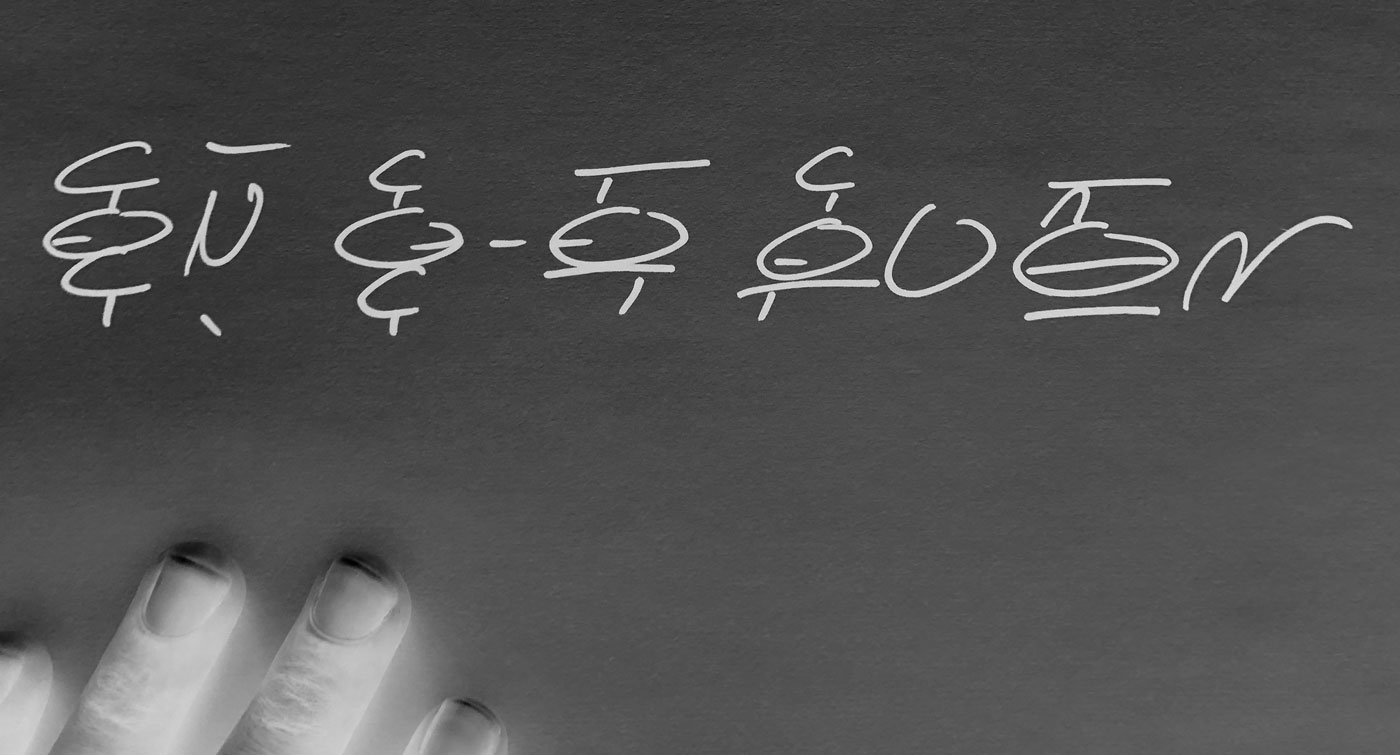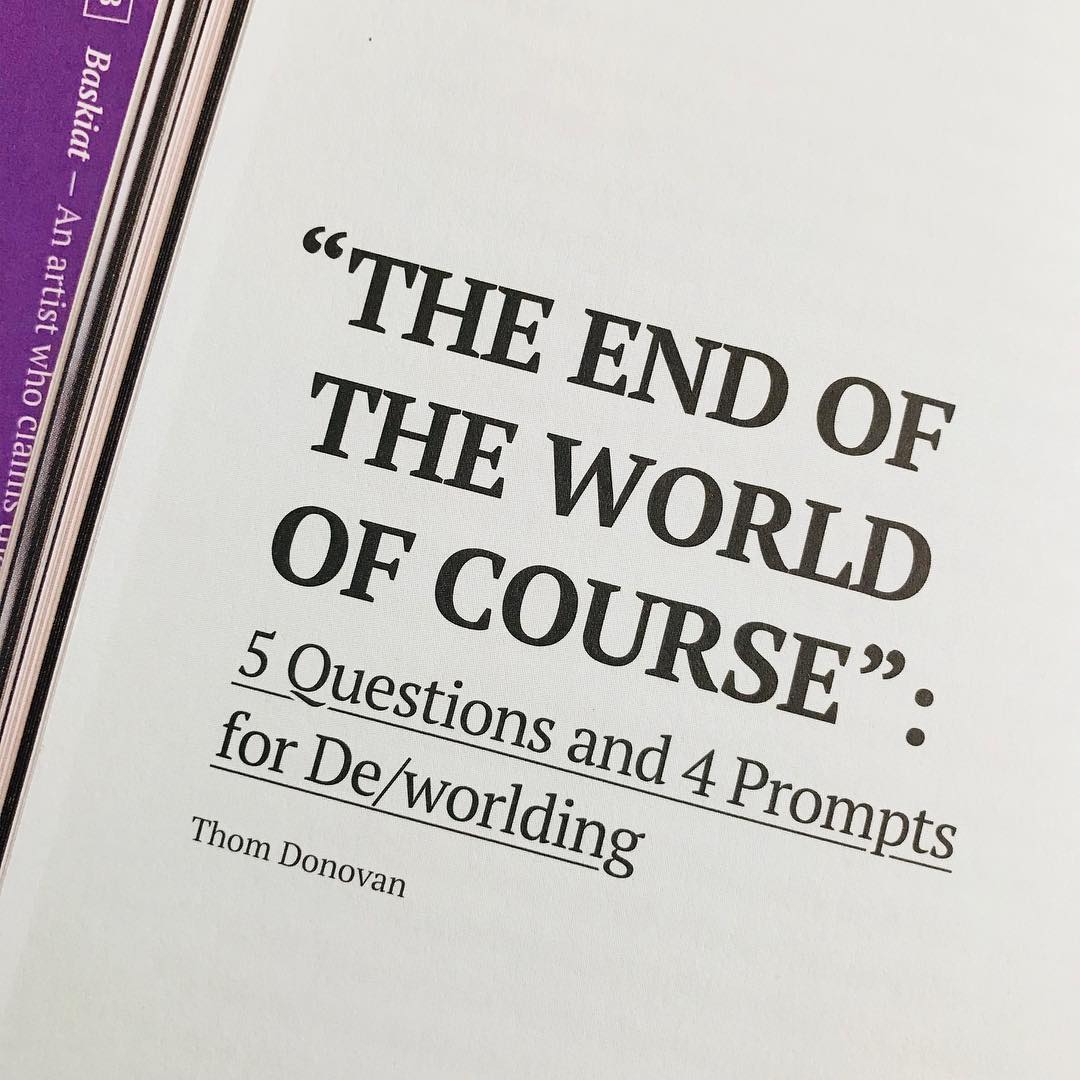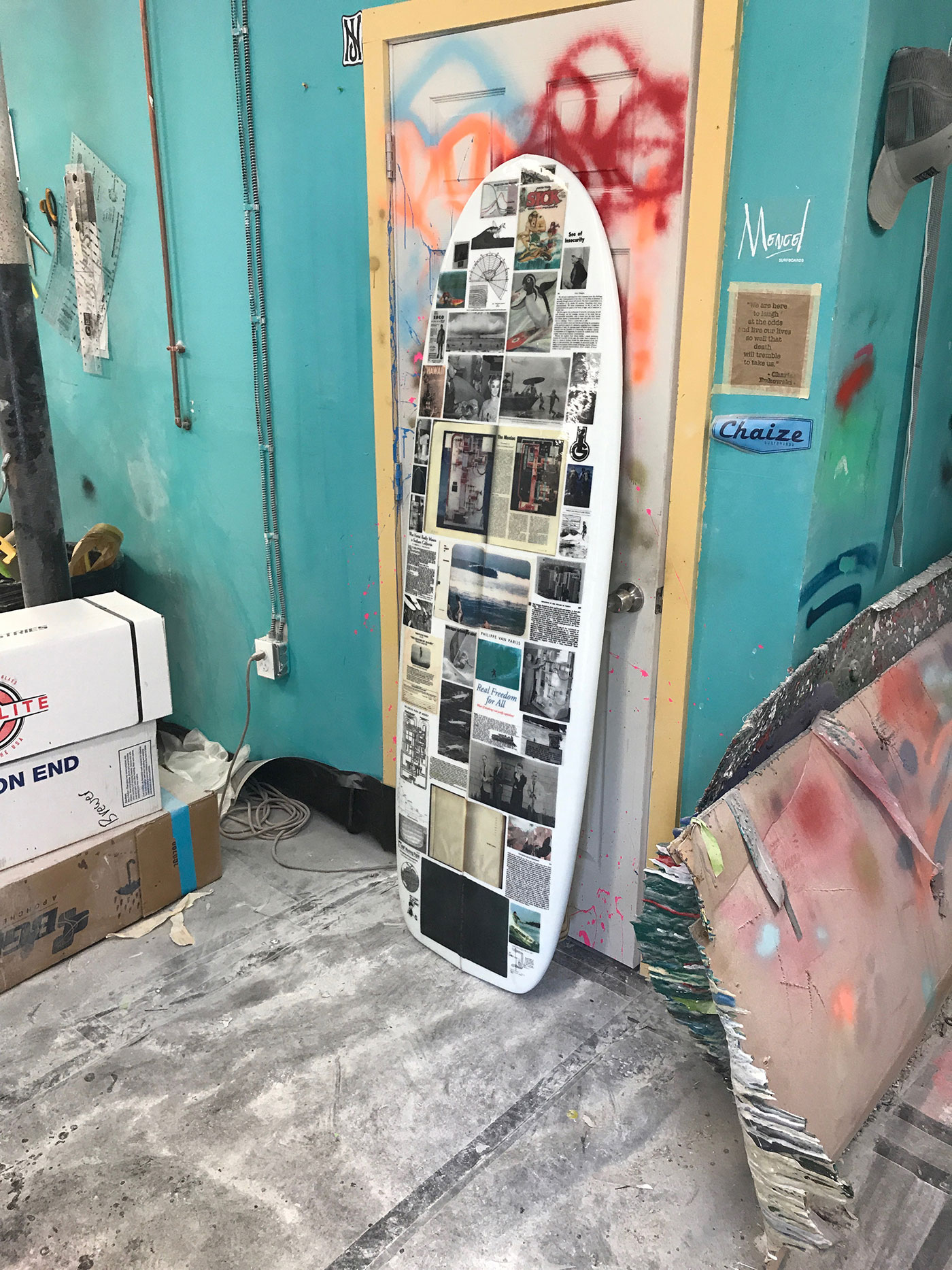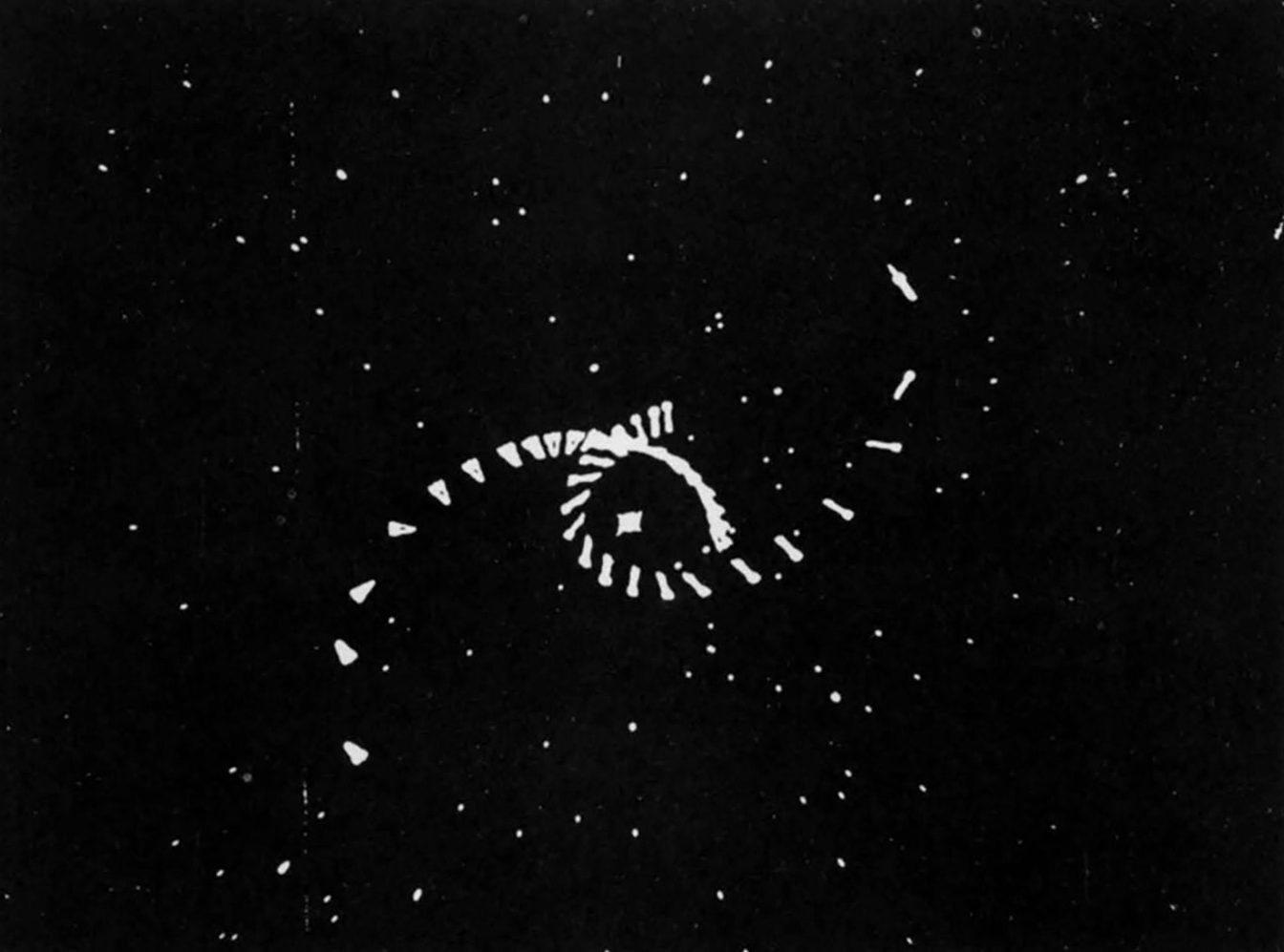Introduction
unbag
From where do we derive the notion of “end”? Some might point to political crises. Others, to ecological destruction. Perhaps it is uninhibited technological acceleration that drives apocalyptic anxiety. Whatever the case, we’re not alone—end time narratives persist through history.
In his 1967 study of apocalyptic narrative, The Sense of an Ending: Studies in the Theory of Fiction, literary critic Frank Kermode argues that concepts of the “end” emerge from a desire to impose structure on “eternity.” Fiction, he suggests, functions to “make sense of the world,” primarily, because it organizes time into a form that’s coherent. For Kermode, our notion of end stems from the fact that we’re forever suspended in the “middle.” Stuck within the temporality of our own lives, our chronicles perpetually evade resolution. By creating a “beginning” and “end,” fictions generate consonant, harmonious wholes, affording a perspective of time not otherwise accessible from our place in the “middle.” Apocalypse is one such “end” we project onto history to make the paradigm comprehensible.
The first thing to note about this convention of sense-making is that it is necessarily grounded in sociality. In order to conceive of a story about one’s self, we first need someone to address the narrative to. Without such a figure, the story can’t exist. It is not simply the stories of our own lives that make the world intelligible, but those of a collective. Imagining a time different than the present, then, is invariably a social project. But what form should a future take? Who gets to decide? Is the future to be imagined as a continuation of the past, or is a break from the present necessary? The answer likely depends on who you are and where in history you stand.
Kermode argued against treating “end” as a reality instead of just a sense-making device; and yet, if we take apocalypse literally—that is, as a cataclysmic event that terminates a way of life—we find that the “end” has happened before. Colonization might be construed as a galling instance of apocalypse: over centuries, a regime of European settlement irrevocably transformed life in Africa, the Americas, Asia, Australia, and Oceania. Legacies of totalitarianism could also be seen as an apocalyptic episode, as could the loss of a loved one. The apocalyptic transatlantic slave trade was pivotal in forming capitalism and white supremacy.
For Afro-Pessimists like Frank Wilderson and Jared Sexton, the end of the world hasn’t happened, but should. On an Afro-Pessimist analysis, transatlantic slavery created a world built on anti-blackness, such that attempts to “improve” the world are only tweaking a fundamentally anti-black framework. Reparations are necessary—and should be immediate—but are not in themselves enough. Freedom for Black people can only come about via apocalypse.
This issue of unbag begins with the notion of end in an effort to cultivate narratives that scratch at the sentiment particular to this uncertain time. Our goal is not to offer a survey of contemporary crises but, rather, an investigation of end from a broadly conceived collection of perspectives including: biography, Blackness, ecology, eroticism, eschatology, musicology, myth, simulation, technology, and refusal. While each project stems from an individual critical position, we hope that, in their collectivity, the works function to generate a snapshot (however brief) of our quickly mutating epoch. In the production of these narratives, how might we form a perspective of time not otherwise accessible from the “middle”?
